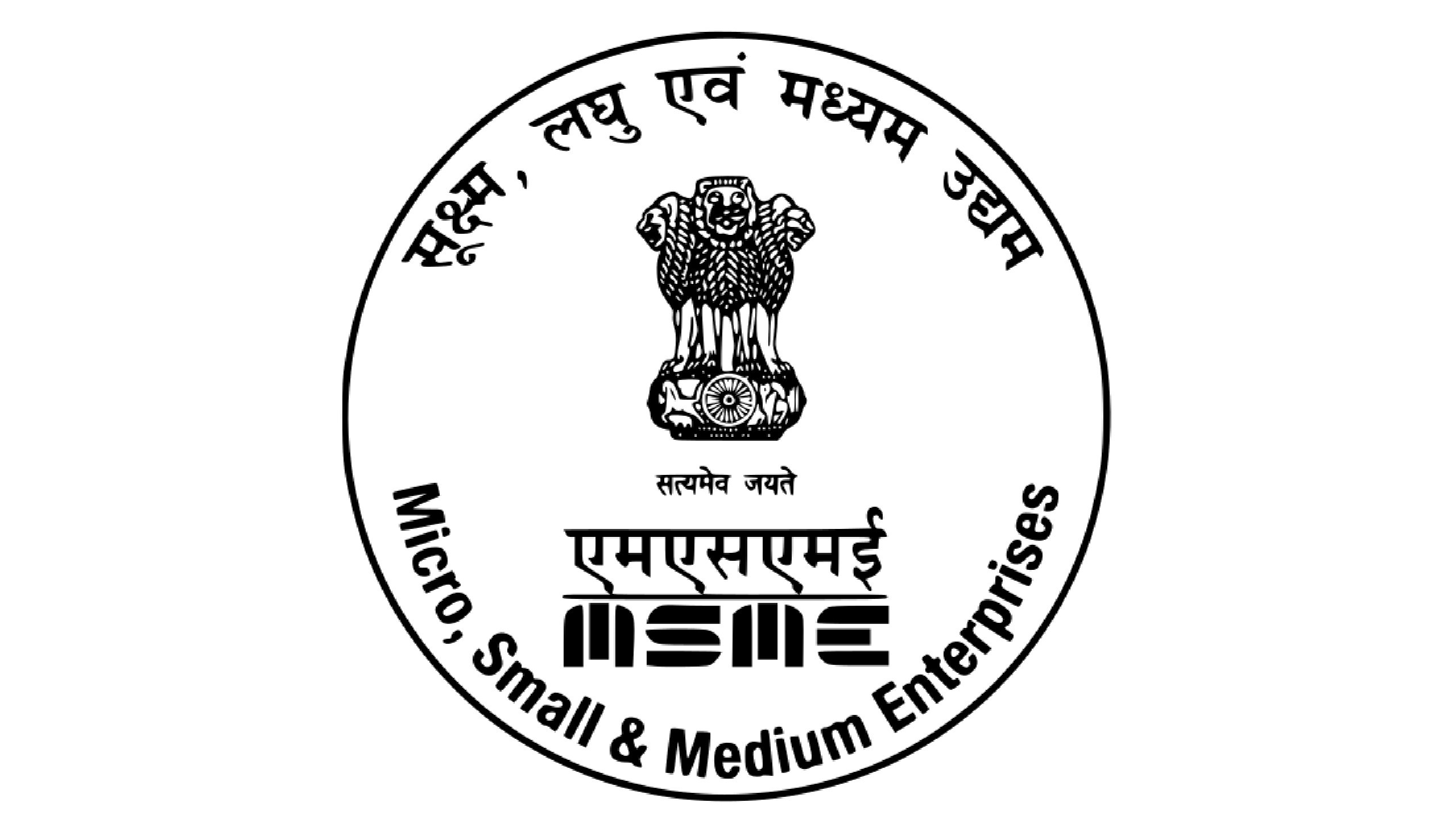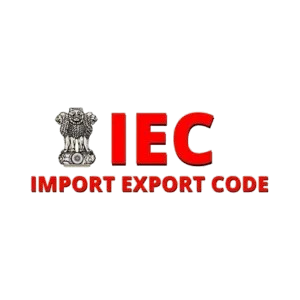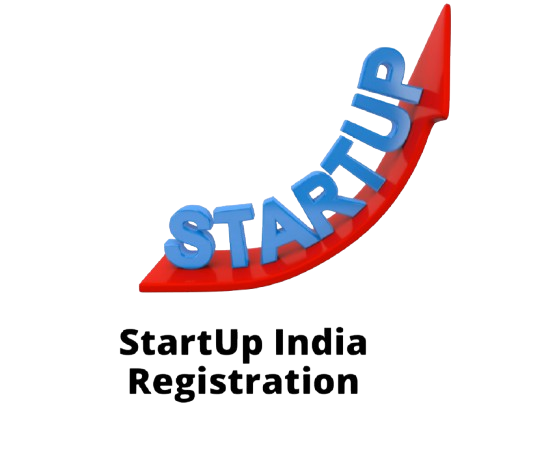1. FBOs like restaurants, retailers, distributors, and suppliers with an
annual turnover of more than ₹20 Crores.
2. Units for producing and processing vegetable oil using the solvent
extraction method, as well as factories with oil expelled units, with a capacity of more
than 2 metric tonnes per day.
3. Dhaba, club, canteen, and other food vending establishments with branches
spread in more than one state and an annual turnover of more than ₹12 Lakhs.
4. Wholesalers that have an annual turnover of not less than ₹30 Crores.
5. Hotels with rating 5-star or more.
6. 300% export oriented units involved in food production or processing.
7. All importers including the import of food ingredients or additives.
8. Caterers working under Central Government or related agencies such as
Railways, Airlines and airport, Seaport, Defense, etc.
9. Storage with a capacity of more than 50,000 metric tonnes,
10. Dairy Units (including chilling units), with a capacity to handle or
process, over 50,000 liters per day,
11. A slaughtering capacity of over 50 large animals or more than 150 small
animals or more than 3000 poultry birds per day.
12. Controlled Atmosphere + Cold Storage with the capacity of 1,000 MT or
more.
13. Transporters with more than 300 vehicles. Or turnover of more than ₹30
crores per annum.
14. All food processing units including re-packers and excluding the grains,
pulses & cereals milling units with a capacity of over 2 metric tonnes per day.
15. All FBOs involved in producing an item of food, additive or its
ingredient, using some new process or technology, and/or a combination thereof, whose
safety has not been established yet by the FSSAI.

















